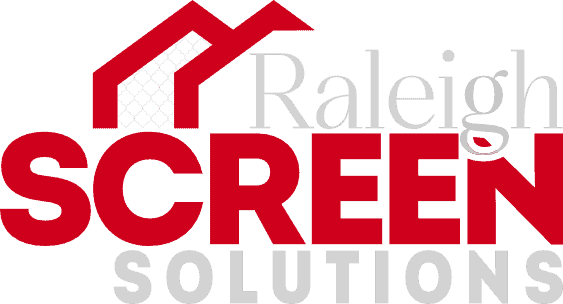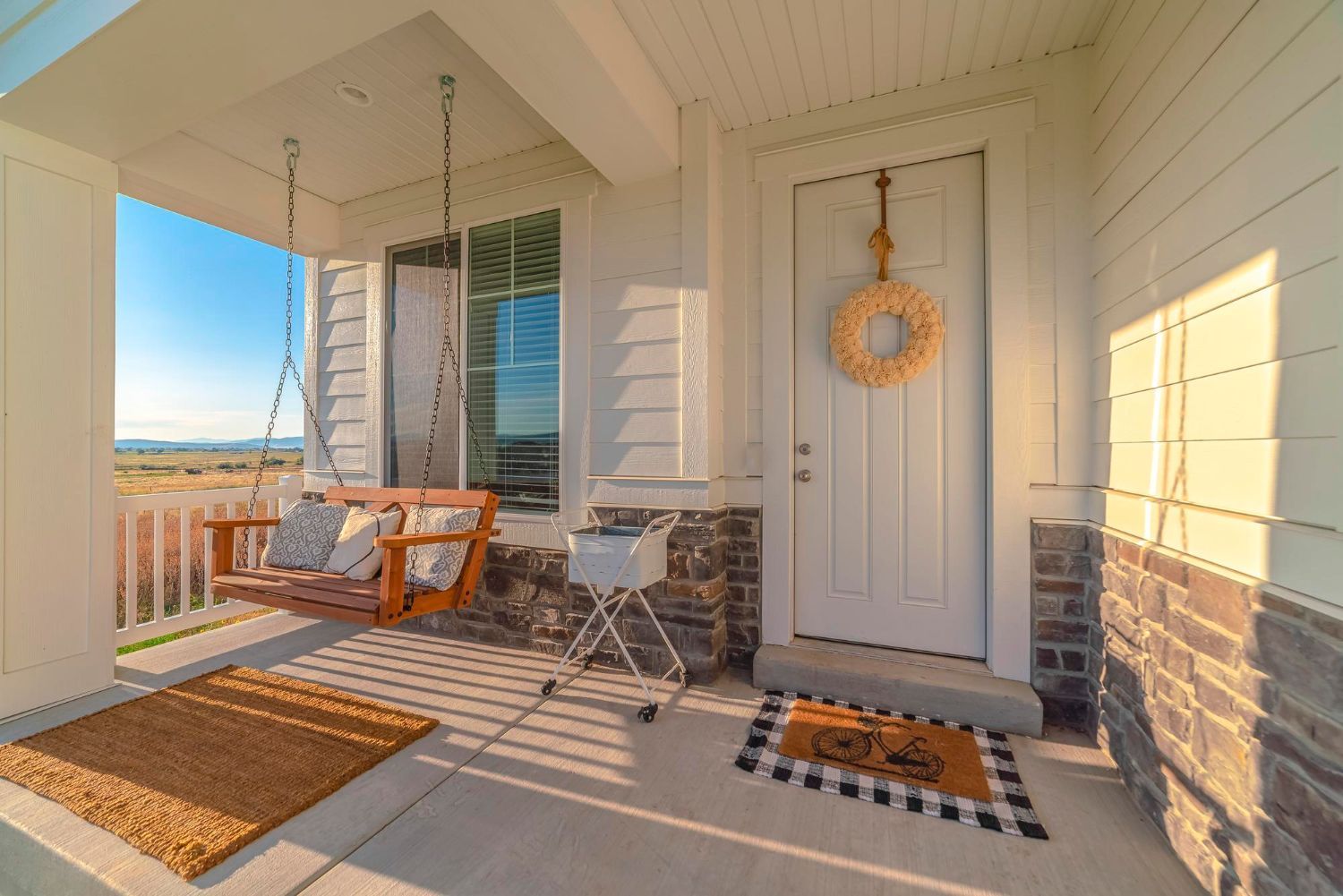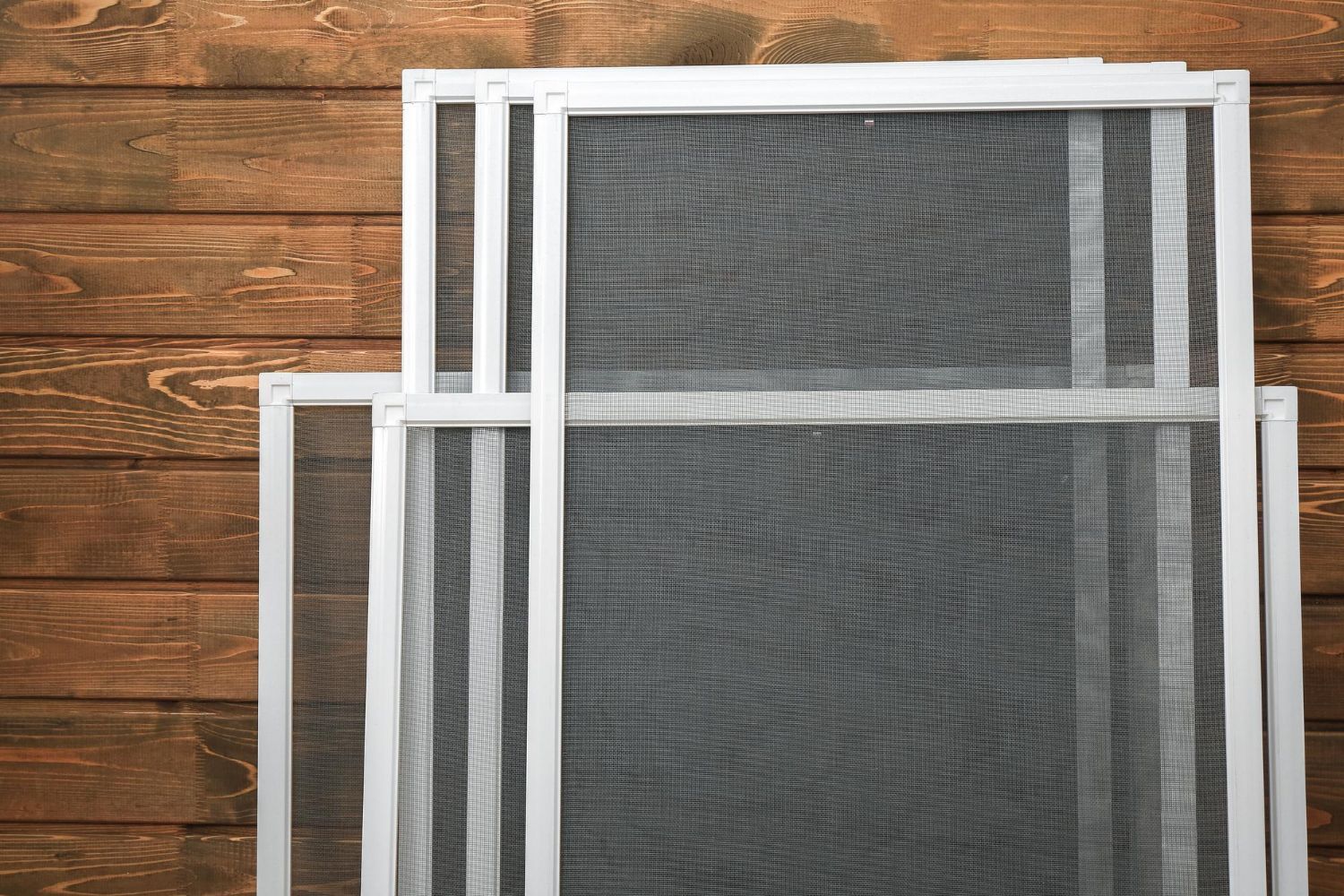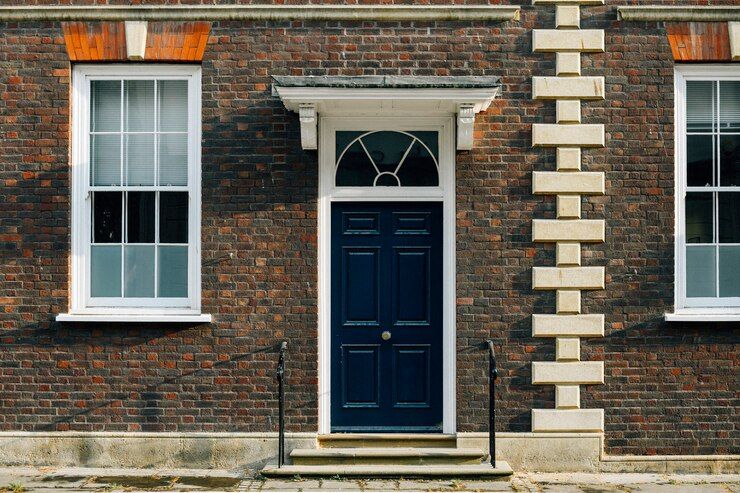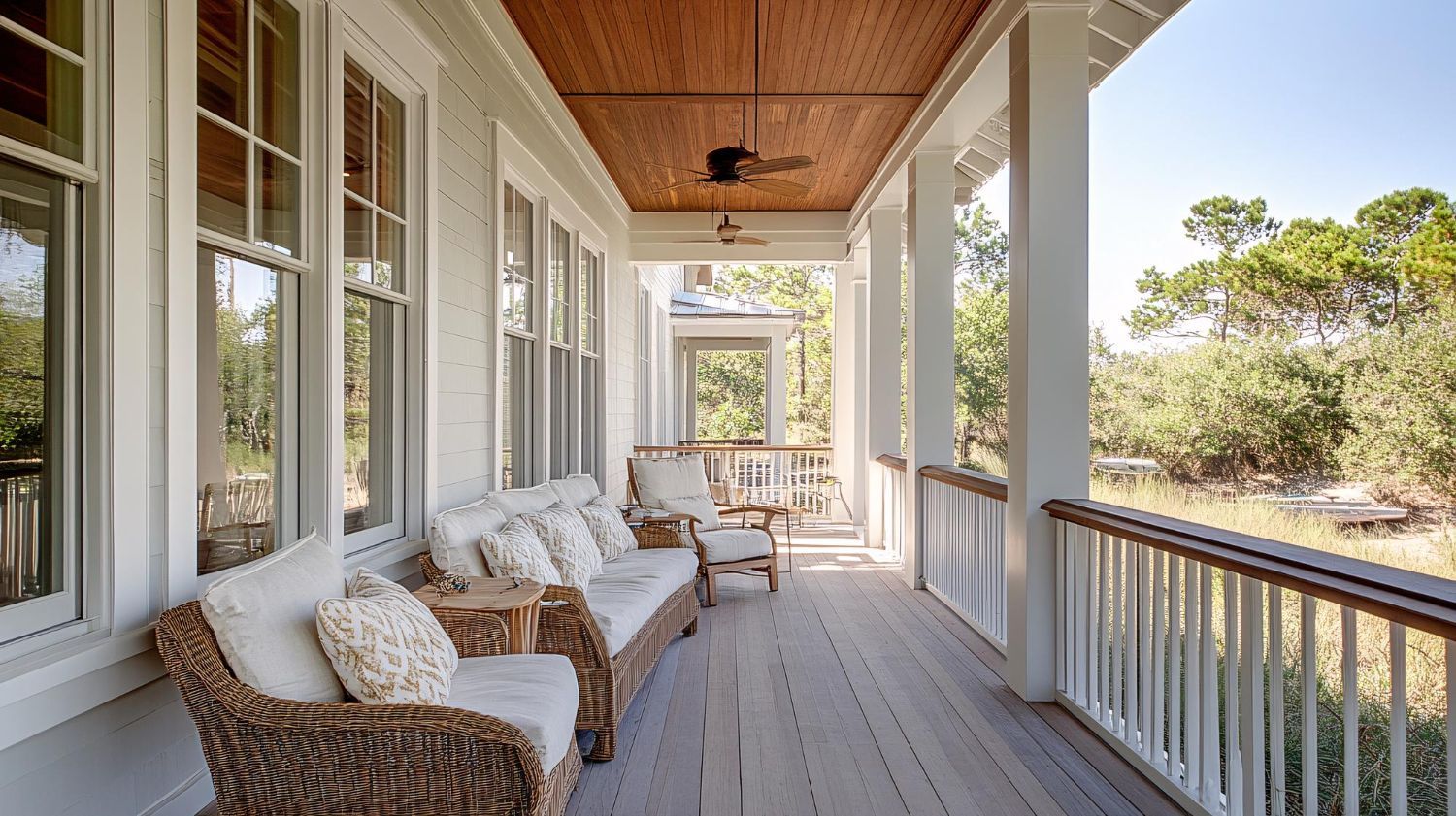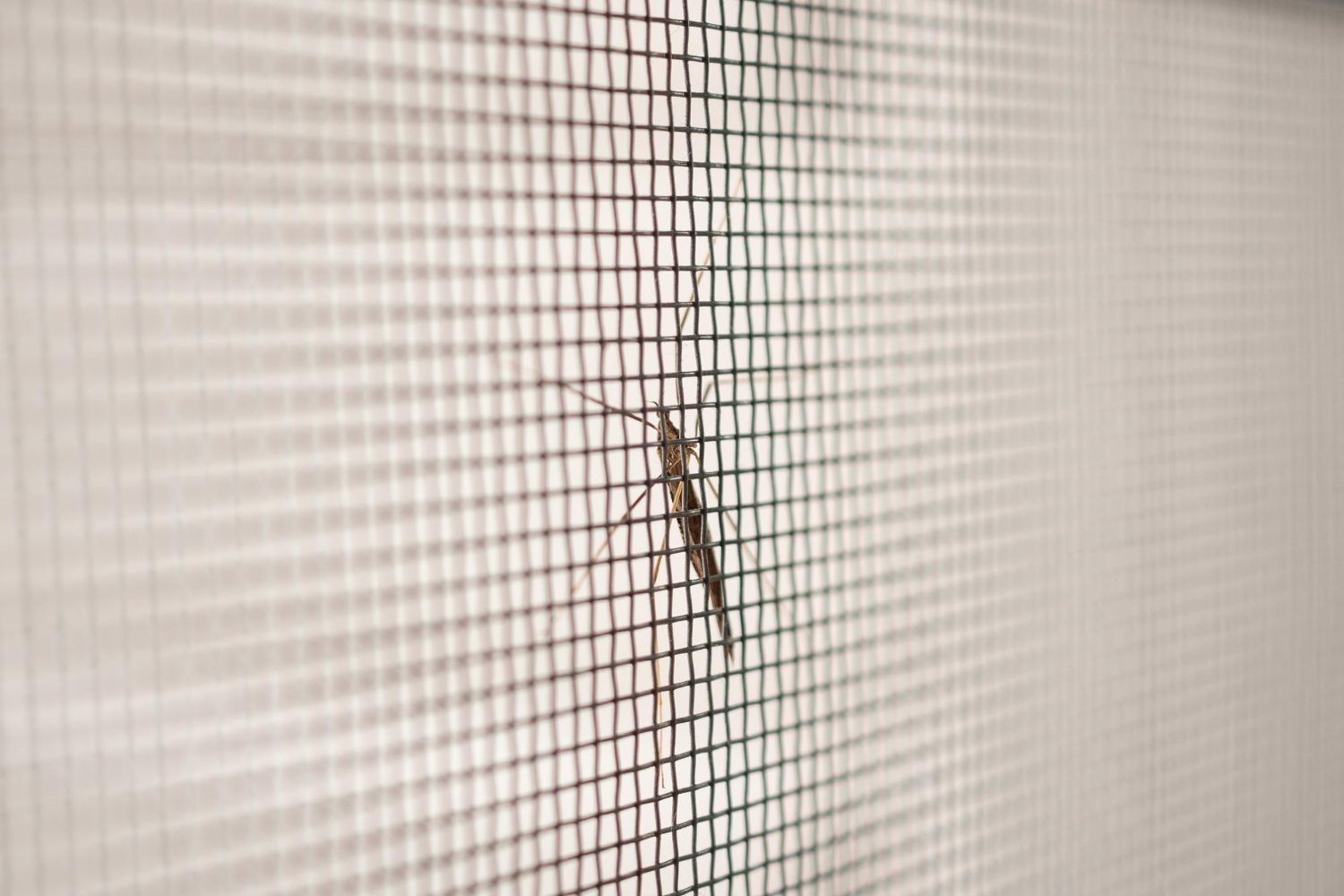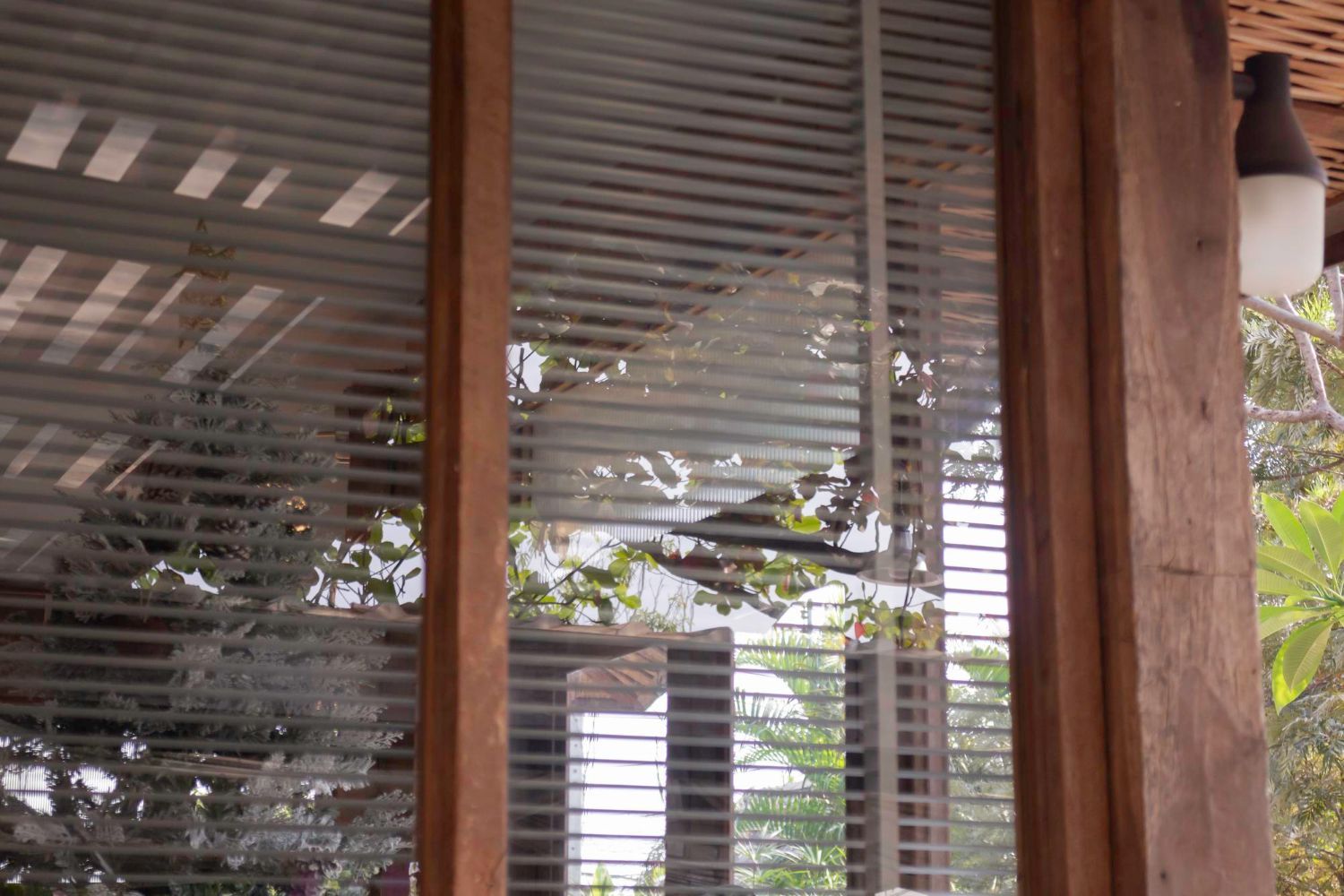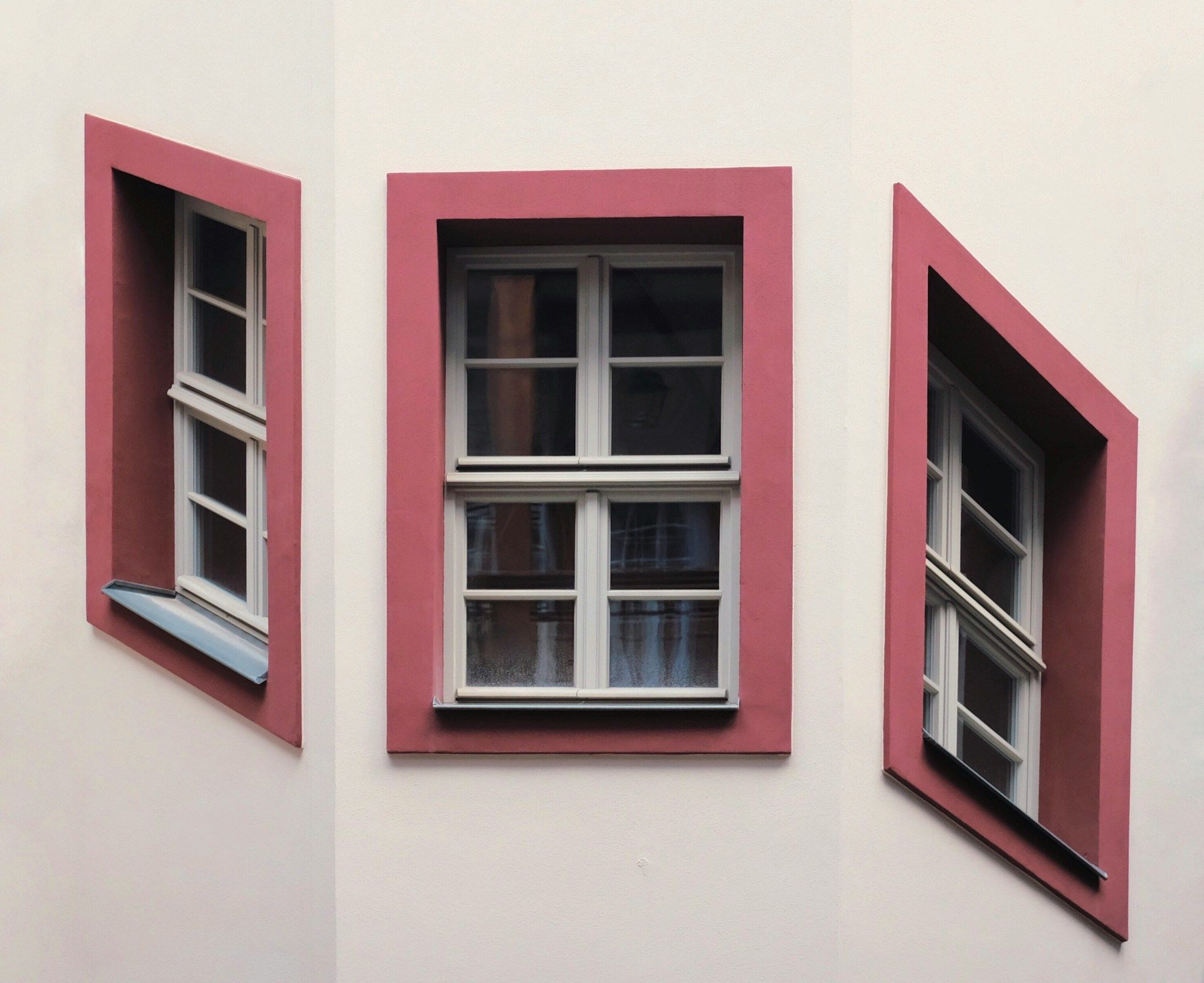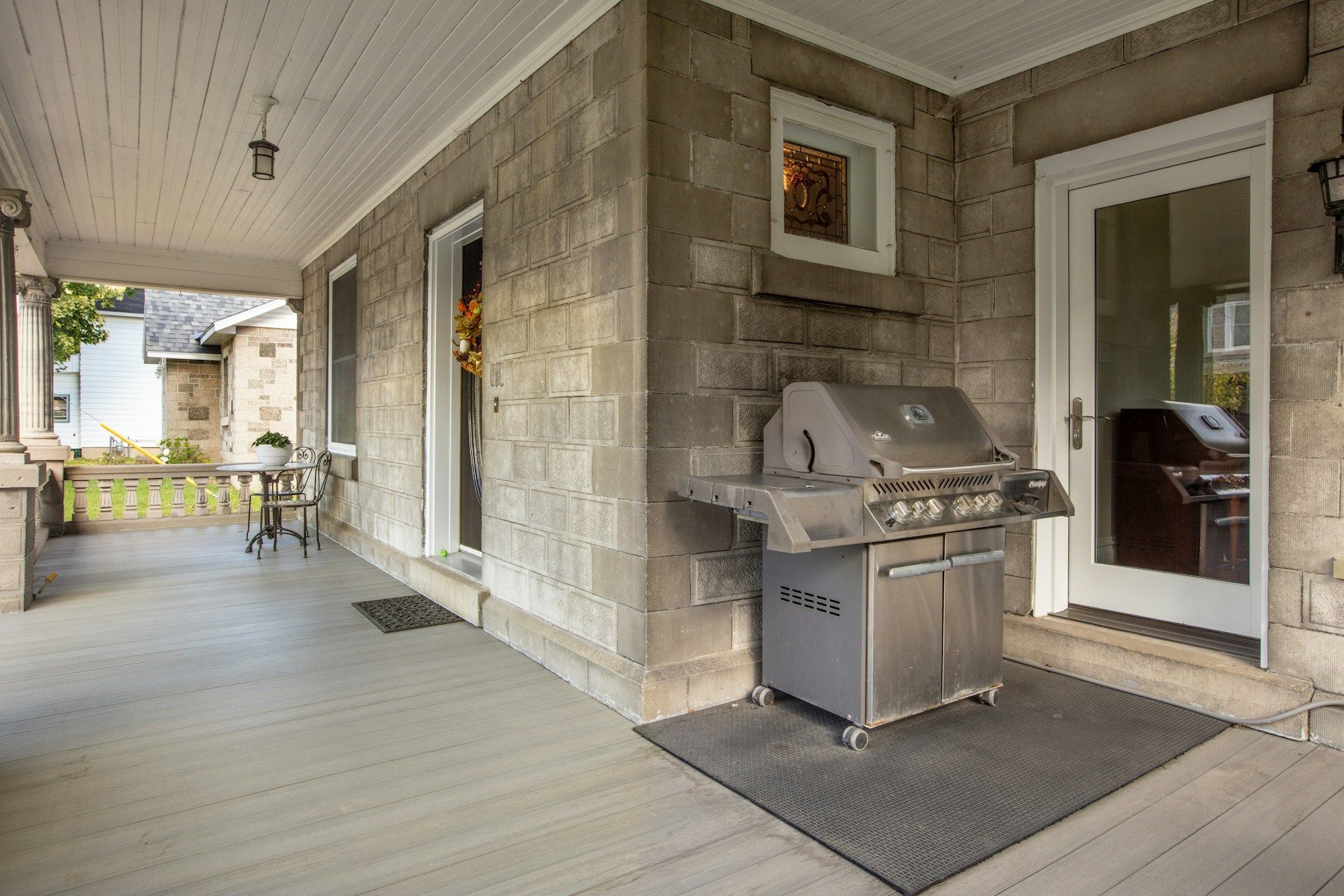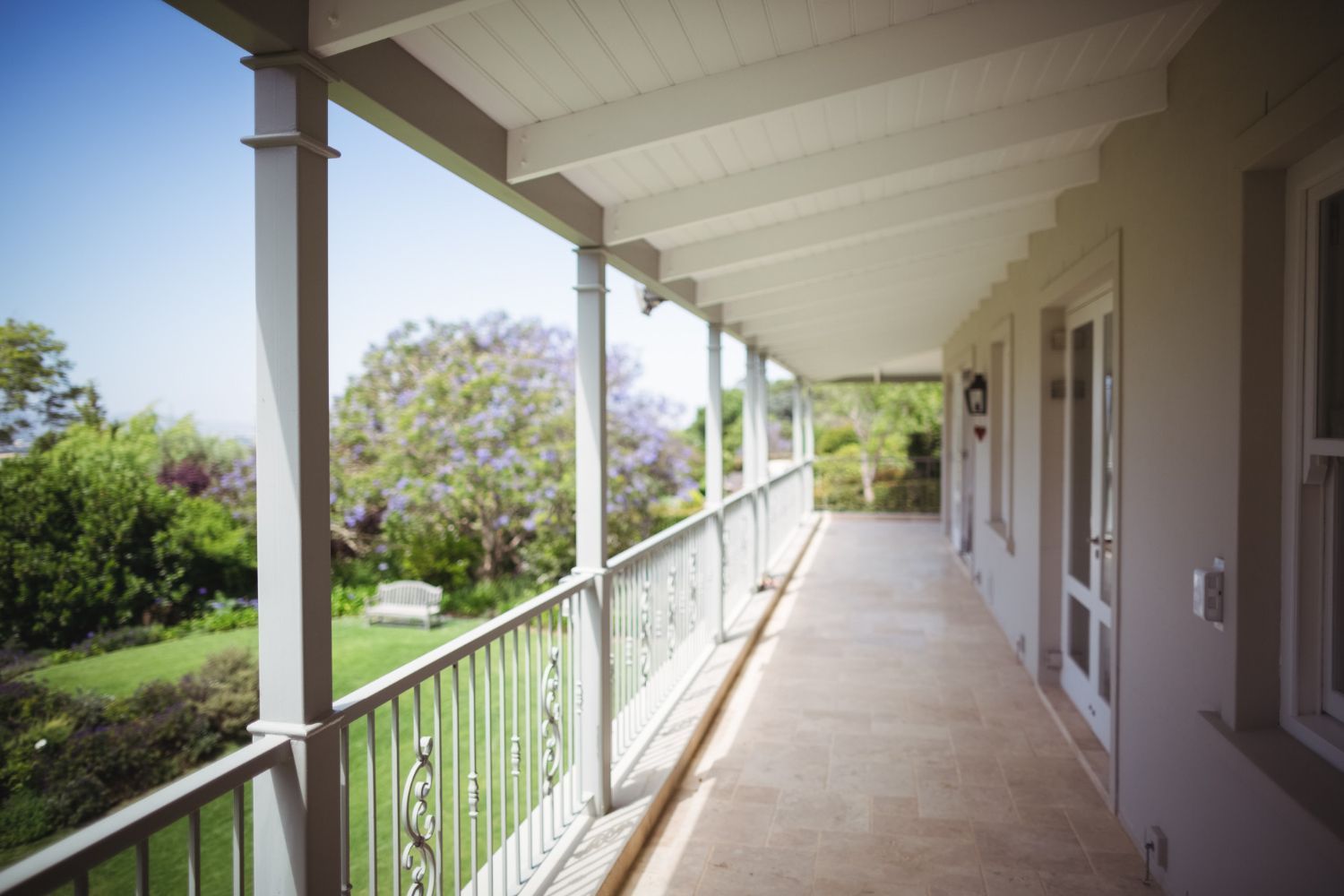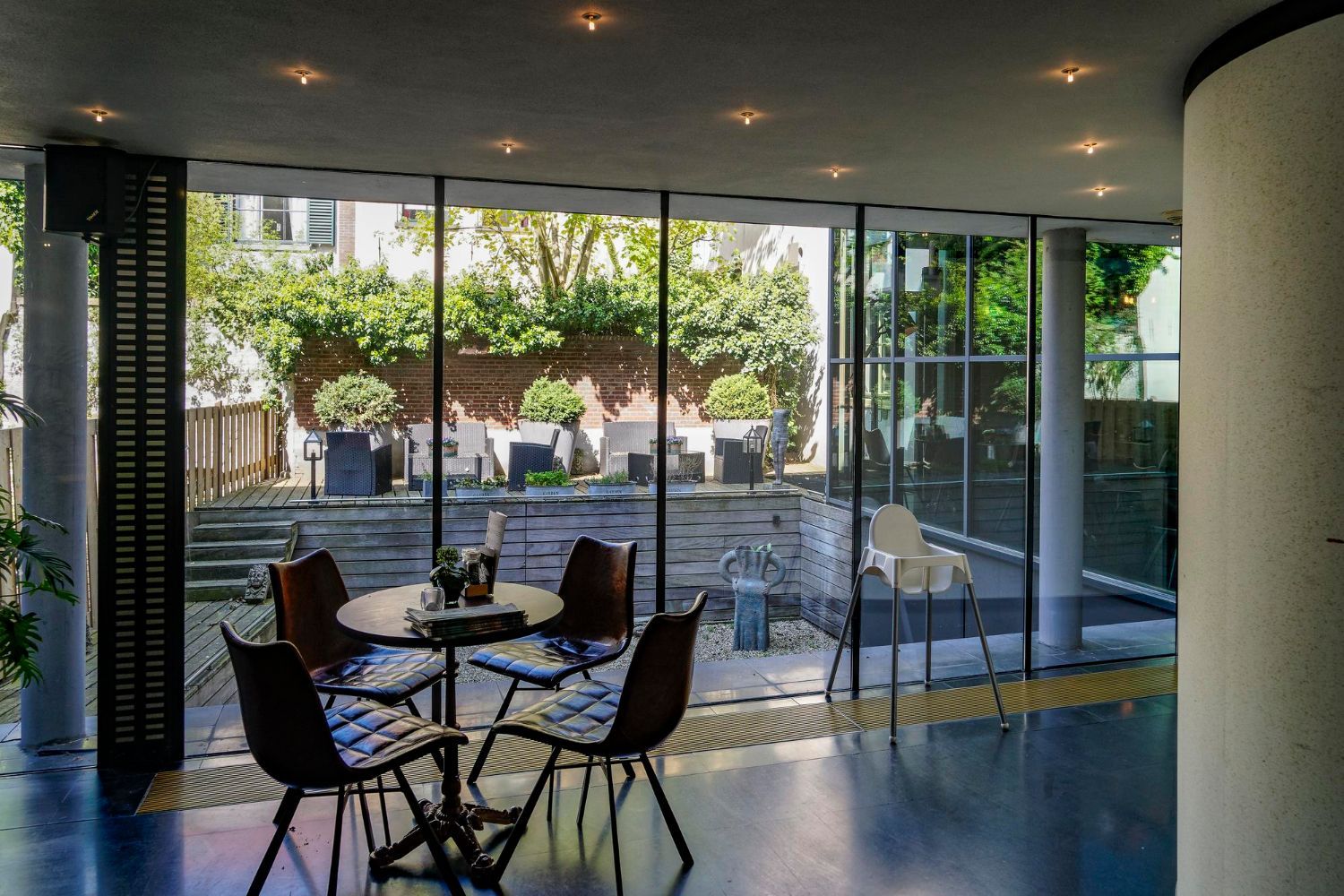Choosing the Best Screen Material for Your Porch Enclosure
Choosing the best screen material for your porch enclosure is an important decision that impacts both functionality and aesthetics. With so many options available, it can be challenging to determine which material will best meet your needs. Your choice will affect how well the screen performs in keeping out bugs, resisting weather conditions, and fitting into the look of your home.
In this article, we'll explore the essentials of selecting the right screen material for your porch enclosure. From understanding the different materials available to considering the specific needs of your home, we aim to provide you with the information needed to make the best choice. Whether you're looking to enjoy a bug-free environment or seeking materials that can withstand harsh weather, this guide will help you navigate the complexities of your options.
Understanding the Different Types of Screen Materials
When choosing a screen material for your porch enclosure, it's important to understand the different options available. Each material offers unique benefits and drawbacks, so knowing the specifics can help you make the best choice for your needs.
1. Fiberglass Screens: Fiberglass is one of the most popular screen materials due to its durability and affordability. It is resistant to rust and corrosion, making it ideal for humid environments. Fiberglass screens are flexible and easy to install, but they can be prone to tears and punctures if not handled carefully.
2. Aluminum Screens: Aluminum screens are known for their strength and resistance to denting. They are a bit more expensive than fiberglass but offer a sleek, metal look that many homeowners prefer. Aluminum screens can oxidize over time, leading to discoloration, but they are less likely to tear compared to fiberglass.
3. Pet-Resistant Screens: If you have pets, pet-resistant screens are a great option. Made from stronger synthetic materials, these screens can withstand claws and rough play. They are more expensive but provide peace of mind for pet owners.
4. Retractable Screens: Retractable screens offer the versatility of being used when needed and hidden away when not in use. These screens are perfect for areas where you want the option to open up the space completely.
Factors to Consider When Choosing Screen Material
Selecting the right screen material involves considering various factors to ensure it meets your specific needs. Here are some key factors to keep in mind:
1. Climate and Weather: The climate in your area plays a significant role in determining the best screen material. For instance, if you live in a humid area prone to rust, fiberglass may be a better option than aluminum. If you experience harsh sunlight, solar screens can help keep your porch cooler.
2. Durability: Think about how much wear and tear your screens will endure. If you have kids or pets, durable materials like pet-resistant screens might be worth the extra investment. Longevity is important, so choose a material that will last.
3. Visibility and Airflow: Some screen materials offer clearer views and better airflow than others. If you want to maintain a good view of the outdoors and allow breezes to flow through, consider materials like fiberglass or retractable screens that don't obstruct your sightline.
4. Maintenance: Different screen materials require varying levels of maintenance. Fiberglass screens are easy to clean but may need frequent repairs if they tear. Aluminum screens need occasional cleaning to prevent oxidation, while pet-resistant and retractable screens might need professional maintenance.
Comparing Screen Materials: Pros and Cons
Choosing the right screen material requires weighing the pros and cons of each option. It's important to consider what each material offers and where it may fall short.
1. Fiberglass Screens:
- Pros: Affordable, flexible, and resistant to rust and corrosion.
- Cons: Prone to tears and punctures, requiring frequent repairs or replacements.
2. Aluminum Screens:
- Pros: Strong, durable, and resistant to denting. Provides a sleek, metal appearance.
- Cons: Can oxidize over time, which may lead to discoloration. Typically more expensive than fiberglass.
3. Pet-Resistant Screens:
- Pros: Extremely durable and resistant to damage from pets. Ideal for homes with animals.
- Cons: Higher cost compared to standard screen materials.
4. Solar Screens:
- Pros: Blocks out a significant amount of heat and UV rays, keeping the porch cooler and protecting furniture.
- Cons: Reduces visibility and airflow, which may not be ideal for everyone.
5. Retractable Screens:
- Pros: Offers versatility in use, allowing you to retract the screen when not needed. Provides a clear view when retracted.
- Cons: Can be more expensive and may require professional installation and maintenance.
Tips for Maintaining Your Chosen Screen Material
Maintaining your screen material is crucial to prolong its lifespan and keep it looking and functioning well. Here are some tips to help you take care of your screens:
1. Regular Cleaning: Clean your screens regularly to remove dirt, dust, and debris. Use a soft cloth or sponge with mild soap and water for fiberglass and aluminum screens. Avoid using abrasive materials that can scratch or damage the screen.
2. Inspect for Damage: Periodically check your screens for any signs of wear and tear, such as holes, tears, or loose frames. Address any minor issues promptly to prevent them from becoming more serious problems.
3. Lubricate Moving Parts: For retractable screens, ensure that all moving parts are well-lubricated. This helps maintain smooth operation and prevents the tracks from getting stuck.
4. Protect During Harsh Weather: Retract or cover your screens during extreme weather conditions like storms or heavy snowfall. This will help prevent damage from wind, hail, or ice.
5. Handle with Care: Train family members to handle the screens gently. Avoid pushing or pulling the screens with excessive force, which can cause damage.
Conclusion
Choosing the best screen material for your porch enclosure involves considering various factors such as durability, visibility, and maintenance needs. Understanding the different types of materials available and weighing their pros and cons will help you make an informed decision that suits your lifestyle and requirements. Regular maintenance ensures that your chosen screen material remains in excellent condition, providing you with a comfortable and functional outdoor living space.
At Raleigh Screen Solutions, we specialize in helping you create the perfect porch or patio enclosure. Whether you need advice on choosing the right screen material or require professional installation and maintenance services, we're here to help. Contact us today to enhance your outdoor experience with our expert
screen solutions.
